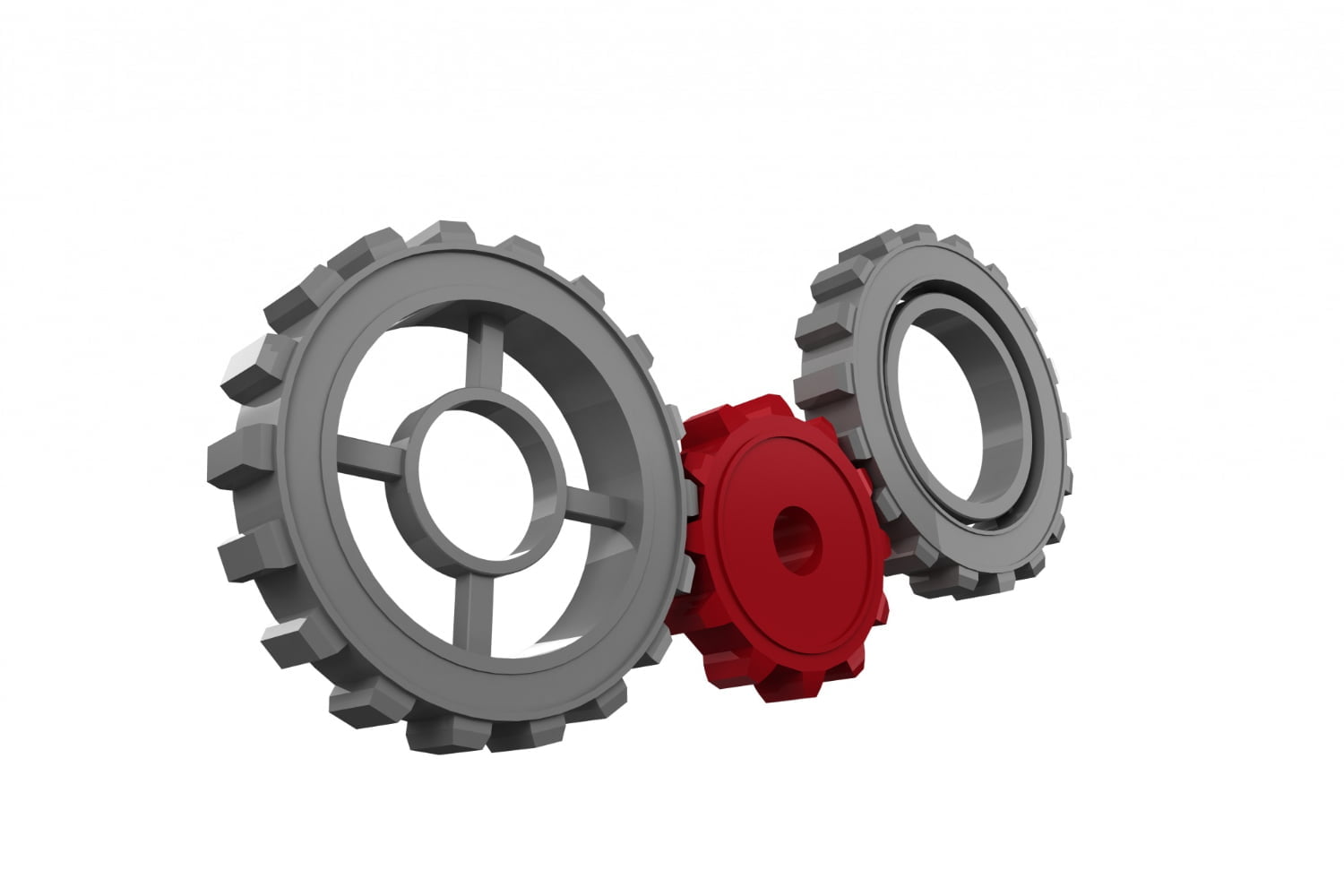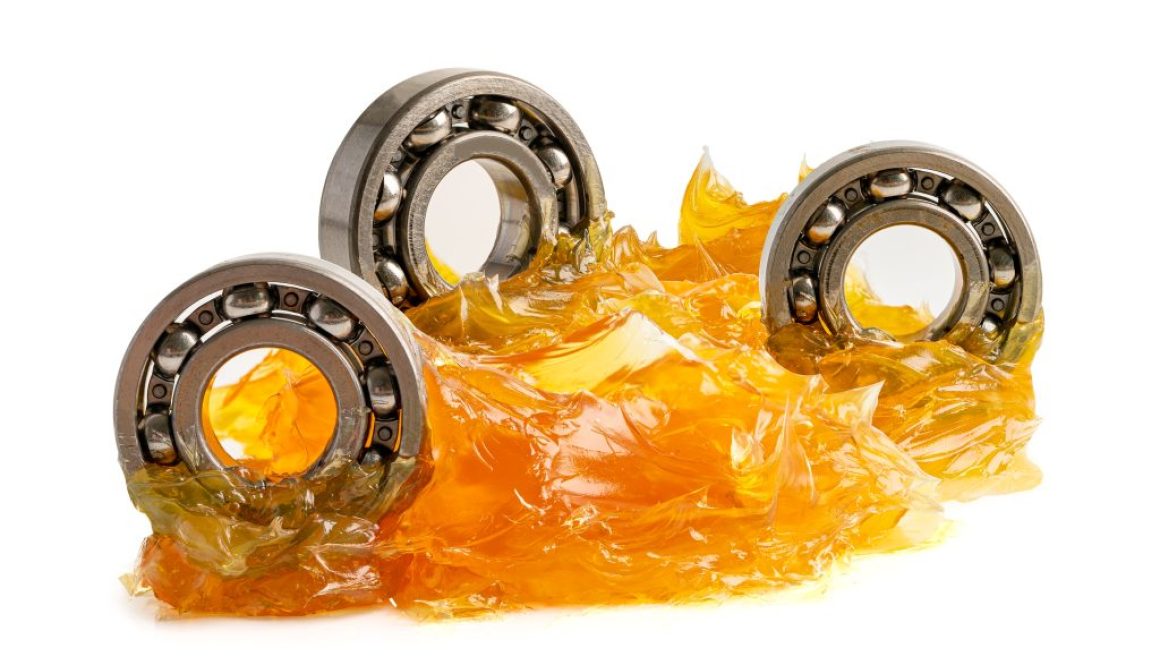Advantages of Clean Lubricants and Bearings
The importance of bearing and lubricant cleanliness is perhaps self-evident, yet too little attention is paid to this critical quality. Even when small particles of foreign matter are not actually causing failure, they can ruin the bearing’s smooth-running qualities and low torque values – which, again, means higher energy bills and a less competitive plant. The results of poor maintenance and dirty bearings is lack of productivity, plant down-time, increased safety hazards, and unnecessarily high energy costs. This avoidable failure creates costs that cannot be ignored in an increasingly competitive world.
Types of Contaminants

According to a major bearing producer, a particle of 5 microns – 5 µm — or less can cause a precision bearing to fail. To put this into perspective a human hair averages about 100 µm; coal dust 1-100µm, iron dust 4-20µm, atmospheric dust up to 30µm, combustion-related particulates from industrial processes up to 2.5µm and tobacco smoke up to 4µm. In general terms, dirt and contaminants that can impede a bearing’s performance are divided into three main categories:
- Airborne contaminants: industrial smoke and dust, metal flakes, abrasive flakes, lint etc. which might enter the bearing due to poor storage and/or workshop practices.
- Transferred contaminants: dirt that is picked up from one source and passed along to the bearing from hands, work surfaces, packaging, water tanks, poorly managed grease packing during assembly, grease degraded by moisture (condensation in the container and/or housing) and contaminants such as fumes and smoke.
- Introduced dirt: impurities that enter the bearings from dirty lubricants or can be forced into the bearing during re-lubrication by contaminated equipment or grease points not thoroughly cleaned.
These sources of contamination should all be considered abrasive, corrosive, or leading causes of degradation of bearing performance and are all avoidable.
Merits of Clean Lubrication

Cleanliness should extend beyond the bearings themselves to work and storage areas, benches, tools, fixtures, and housings. Bearing installation operations should be located away from other machining operations, such as grinding and drilling etc. to help minimise contamination problems. Selection of right lubricants leads to increased sustainability in metal manufacturing and poor lubrication practices are a leading cause of contamination. Unsealed containers are susceptible to contamination from solids and from water due to condensation. Once a grease container is opened, it is susceptible to oxidisation and water contamination which results from condensation caused by daily temperature cycles and from storage in humid conditions. Oxidisation and condensation also occur the same way inside bearing housing.
Strict attention needs to be paid to cleanliness during grease transfers from bulk supplies to greasing apparatus, and to the application of greasing equipment to grease points. Due to the nature of site conditions and the task itself, careful cleaning of grease points prior to greasing is frequently either not carried out properly, or at all. Static charges caused by friction in heat induction bending services can cause bearing currents which in turn can cause the steel rings and balls of the bearings to become magnetised, which worsens the problem of fine metallic particles introduced into the bearing as they will tend to stay there. Electrolytic action is present in most bearings where it is possible for the bearing and journal to act as electrodes, and where, due to some electrical phenomena, a difference of potential exists between them. A clean lubricant oil film acts as an insulator but impurities are the main cause of conductivity. Clean, uncontaminated lubricant oil cannot act as an electrolyte: the presence of water or other foreign matter will initiate electrolytic action of the oil in the grease, which will shorten the life of the bearing.
Final Words

There are multiple advantages to having clean lubrication and bearings, especially considering the operations floor is vulnerable to different types of contamination. In the long run, equipment malfunction or degeneration is likely to occur in the absence of proper maintenance and this would require machine turnover at an advanced rate. Thus, in the manufacturing industry, clean lubricants and bearings go a long way towards ensuring increased productivity and lower costs!

